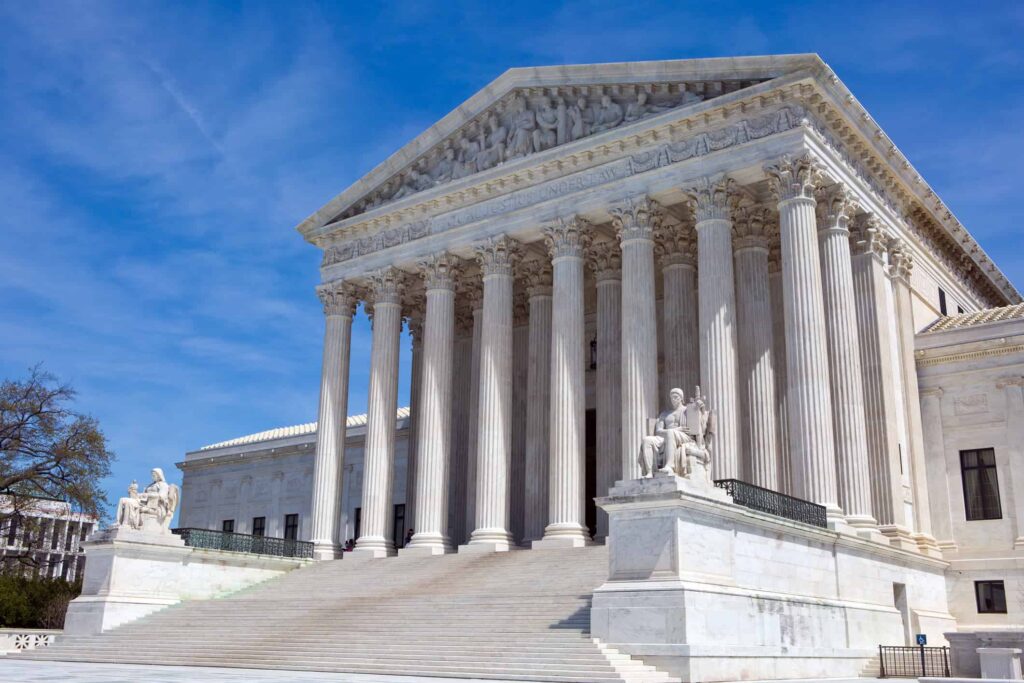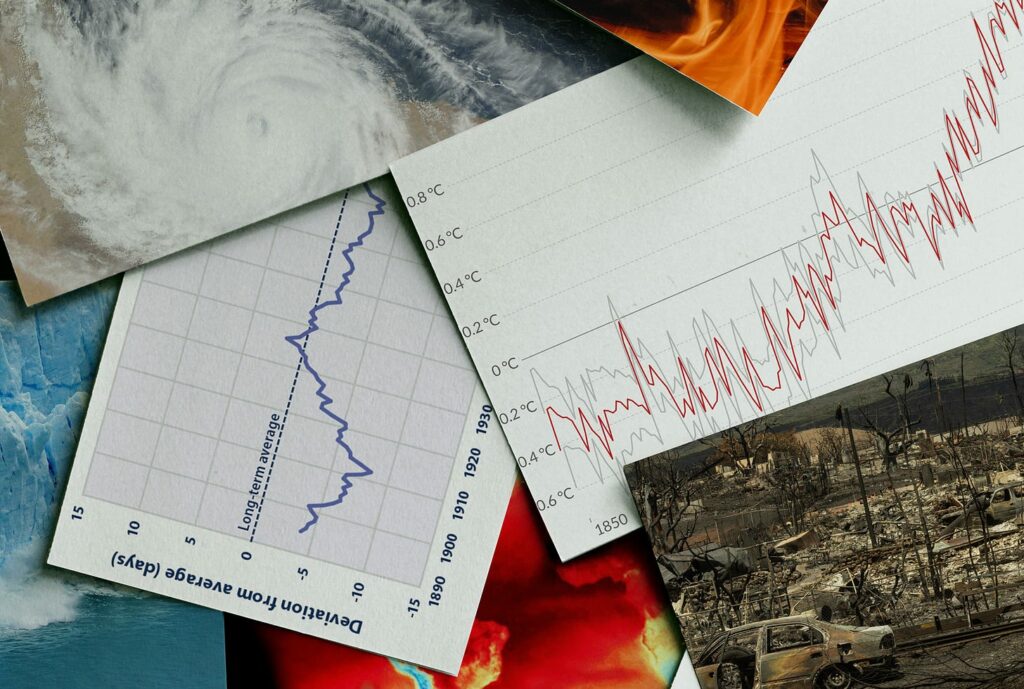Judith Curry writes that if you want to know what’s wrong with the conclusions reached by the UN’s Intergovernmental Panel on Climate Change, you should consult studies by a surprising rival outfit: The UN’s Intergovernmental Panel on Climate Change. Or rather, she says, look at the actual studies from which the scary summaries for policymakers are painfully extracted.
In a way it’s the same old same old. Curry cites a paper by Lee Jussim, Joe Duarte and others that examines the ways in which people find what they’re looking for in the evidence. And it would be fatuous to suggest that it only affects people we disagree with, in the old “I am principled, you are stubborn, he is pigheaded” trope. But as Jussim, Duarte et al wrote, “valid conclusions often lay hidden within research reports, masked by plausible but unjustified conclusions reached in those reports”. And, Curry adds, “Deep in the chapters, there is much good information that is reliable, although the reports relatively ignore some topics. The problem is with the conclusions that are reached (particularly in the Summary for Policy Makers), and inflated levels of confidence that are ascribed to these conclusions.”
This pattern should help lay to rest the regrettably widespread idea among some doubters of climate orthodoxy that global warming is some kind of “HOAX”. If it were, the editors of these reports would remove the contradictory information and alternative explanations from the reports because otherwise somebody would go and find them. Like Judith Curry. What happens instead is that alternative explanations, qualifications and so on are gradually set aside in the editing process, often without conscious deliberation, by someone who already knew the verdict when they started reading the trial evidence.
It is true that researchers who want to be invited back would be ill-advised to raise vocal objections to this process. And their consciences may be clear because the important information or complexities of reasoning were in the “real” papers. But real science requires that such practices get rooted out. And it’s odd, if in its own way very helpful, that the way to root out errors in IPCC conclusions is to read IPCC reports.



We don't have to go through the IPCC reports to know its false information, flawed models and doctored data.
Just watch : The 2001 "Canada Action Plan" Crystal Ball Check on this site, and you will agree it is more likely a kind of "HOAX".